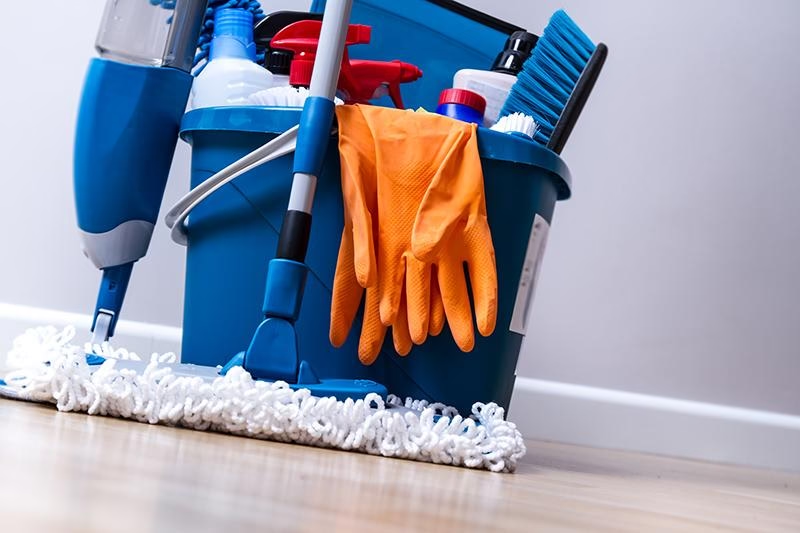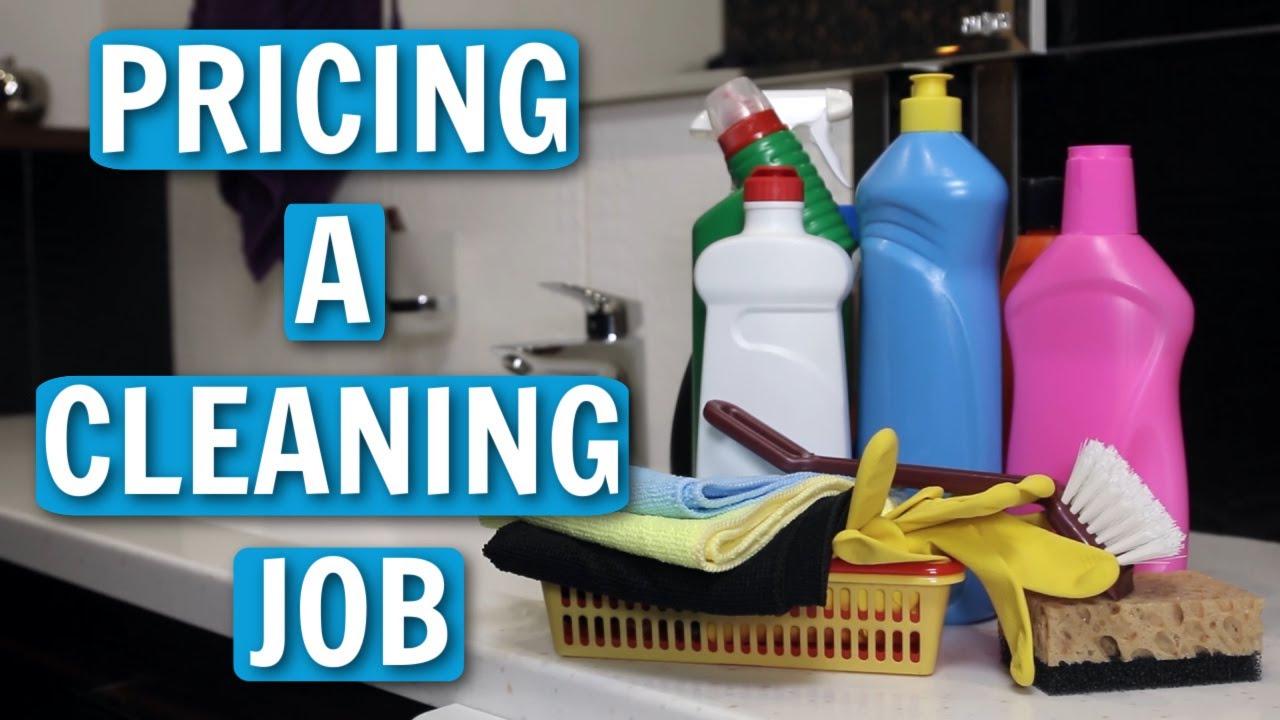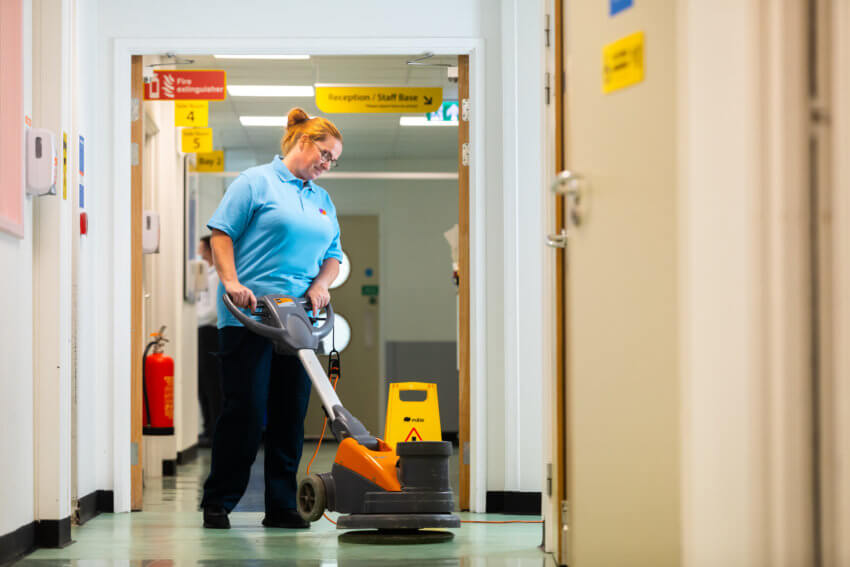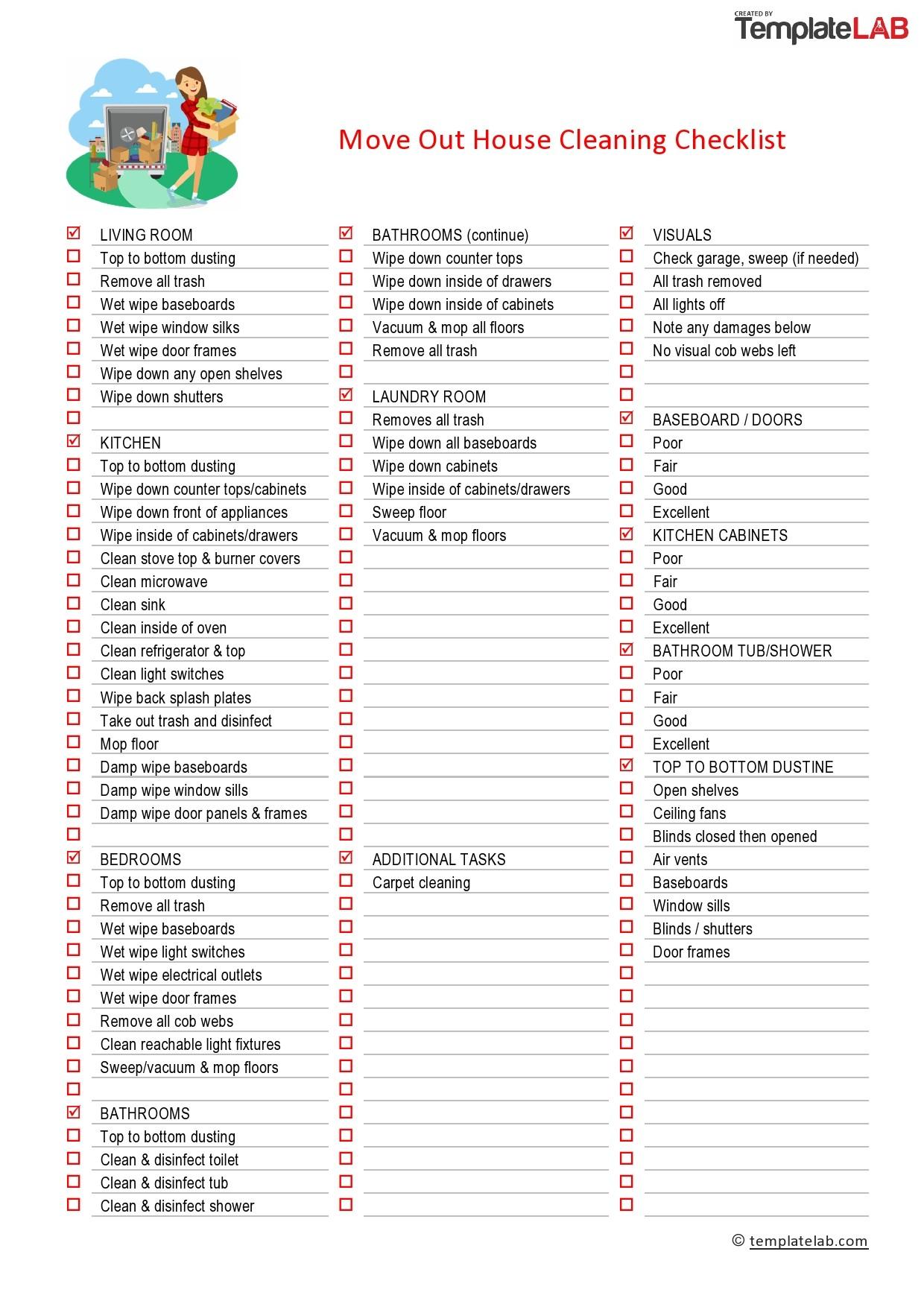
In the UK, where busy commutes, compact homes, and shifting routines shape daily life, residential cleaning has quietly become part of the country’s domestic rhythm. From weekly spruce-ups to deep seasonal overhauls, professional cleaners now support households of every size and style-city flats, suburban semis, Victorian terraces, and everything in between. The modern market spans independent sole traders and established agencies, app-based booking and traditional word-of-mouth, eco-friendly products and specialist services tailored to pets, allergies, or period features.
Yet behind the fresh linen and streak-free glass is a landscape that deserves a closer look. What exactly do different services include? How do prices vary across regions? What should you expect in terms of training, insurance, and reliability? And how do you choose between a one-off blitz, a regular schedule, or more specialised options like end-of-tenancy and post-renovation cleans?
This article explores the essentials of residential cleaning services in the UK-how the sector works, what good service looks like, typical costs and inclusions, and the practical questions to ask before you hand over your keys. Whether you’re outsourcing for the first time or refining a routine you already rely on, the goal is simple: a clear, balanced guide to help you find the right fit for your home.
Table of Contents
- Mapping the UK residential cleaning landscape regional price bands and what is included
- How to vet a cleaning provider accreditations insurance background checks and eco friendly methods
- Building the right plan for your home frequency checklists deep cleans and realistic budgets
- Booking and aftercare smart scheduling clear contracts quality audits and when to switch
- Concluding Remarks
Mapping the UK residential cleaning landscape regional price bands and what is included
Prices ebb and flow with local wages, travel time, and demand-higher in the capital and commuter belts, broader value across the Midlands, North, and devolved nations. Use the approximate bands below as a quick compass for hourly regular cleans and a simple flat rate for a 2‑bed standard clean; your final quote will reflect frequency, access, parking, pets, and equipment preferences.
| Region | Hourly (Regular) | 2‑Bed Standard Clean |
|---|---|---|
| London & South East | £18-£25 | £70-£95 |
| South West | £16-£22 | £65-£85 |
| Midlands | £15-£20 | £60-£80 |
| North West | £14-£19 | £55-£75 |
| North East & Yorkshire | £14-£18 | £55-£70 |
| Scotland (Central Belt) | £15-£20 | £60-£80 |
| Wales | £14-£18 | £55-£70 |
| Northern Ireland | £14-£18 | £55-£70 |
Across regions, the base rate typically covers the essentials; time‑intensive or specialist tasks sit outside that core and lift the fee. Clarify access and supplies early-bringing eco products, heavier equipment, or navigating parking can alter costs, while weekly or fortnightly schedules often secure lower per‑visit rates and priority slots.
- General areas: dusting, vacuuming, mopping
- Kitchen: worktops, hob wipe‑down, sink, exterior appliances
- Bathrooms: toilet, shower/bath, sink, mirrors
- Bedrooms/living: surfaces, light tidy, bins emptied
- Hallways/entrance: floors and high‑touch points
- Oven or fridge/freezer deep clean
- Internal windows, skirting, doors, detail descaling
- Inside cabinets/wardrobes and high‑reach areas
- Carpet/upholstery shampoo and pet‑hair focus
- End‑of‑tenancy or after‑builders packages
How to vet a cleaning provider accreditations insurance background checks and eco friendly methods
Before you invite a new team into your home, ask for proof of the basics and look for a paper trail that shows professionalism. In the UK, credible firms can provide current accreditations (e.g., BICSc training, CHAS or SafeContractor), active insurance certificates, and evidence of staff screening such as DBS checks. Confirm who actually cleans your home-employees or subcontractors-plus how they handle keys, privacy, and data under GDPR. A clear complaints process, risk assessments, and COSHH documentation signal a company that takes safety and standards seriously.
- Accreditations: BICSc membership/training cards, CHAS/SafeContractor, ISO 9001/14001 where applicable.
- Insurance: Public Liability (ideally £2m+), Employer’s Liability; request copies with expiry dates.
- Background checks: Written confirmation of DBS checks for all operatives; Right to Work verified; photo ID on arrival.
- H&S and COSHH: Method statements, risk assessments, MSDS for chemicals; safe storage plan for domestic settings.
- Privacy & key handling: GDPR policy, key log procedure, unmarked key tags, limited-access scheduling systems.
- References & reviews: Recent UK client references, verifiable online ratings, and a satisfaction guarantee.
Green claims should come with measurable proof. Ask for EU Ecolabel or equivalent certifications on products, low-VOC options, and whether they use dilution control and microfibre to cut chemical and water use. Responsible providers will offer refill systems, recycle containers, and plan routes to reduce emissions-sometimes even using electric vehicles. Use the quick matrix below to compare shortlists and keep the conversation focused on facts, not fluff.
| Check | Evidence to request | Quick ask |
|---|---|---|
| Accreditations | BICSc cards, CHAS/SafeContractor, ISO 9001/14001 | “Can you email current certificates?” |
| Insurance | PL £2m+ and EL policies with expiry dates | “What’s your PL limit and renewal date?” |
| Staff vetting | DBS confirmation, Right to Work checks | “Are my cleaners employees or contractors?” |
| Eco methods | EU Ecolabel, low-VOC, microfibre, refill concentrates | “Do you offer fragrance-free options?” |
| H&S/COSHH | Risk assessments, MSDS, safe storage plan | “How will you store chemicals at my home?” |
| Privacy & keys | GDPR policy, key log, unmarked key tags | “Who can access my address and key tag?” |
Building the right plan for your home frequency checklists deep cleans and realistic budgets
Start by mapping your household’s rhythm to a tailored schedule that flexes with school runs, WFH days, and bin day. Build a room-by-room checklist that keeps essentials on repeat while parking bigger jobs for set cycles. Think in layers: quick resets to keep surfaces tidy, weekly care to stop grime from settling, and periodic detail work for the spots that quietly collect dust-radiators, skirting boards, behind the sofa, the oven, and shower limescale. For UK homes, a mix of weekly or fortnightly visits plus seasonal refreshes usually strikes the balance between cost and comfort. Keep it simple, visual, and shared-stick it on the fridge, or use a shared notes app so everyone knows the plan.
- Daily resets: dishes, counters, quick floor sweep in high-traffic areas, bathroom wipe-down.
- Weekly essentials: hoovering, mopping hard floors, loo and sink scrub, hob and microwave clean, dusting.
- Fortnightly focus: change bedding, wipe doors and switches, tidy cupboards, descale taps.
- Monthly detail: windows and mirrors inside, skirting boards, radiators, oven racks, behind appliances.
- Seasonal deep clean: carpets/upholstery, grout refresh, inside windows, garden doors/tracks, declutter runs.
| Plan | Frequency | Hours/Month | Deep-Clean Cadence | Approx Budget/Month | Ideal For |
|---|---|---|---|---|---|
| Saver | Fortnightly | 6-8 | Every 6 months | £120-£220 | Studios/1-beds, tidy households |
| Balanced | Weekly | 10-14 | Every 4-6 months | £200-£360 | 2-3 beds, busy schedules |
| Spotless | Weekly + touch-ups | 16-20 | Quarterly | £320-£520 | Families, pets, allergy care |
| Seasonal Boost | Add-on | 4-8 (one-off) | As needed | £80-£200 | End-of-tenancy, guests, holidays |
Set a realistic ceiling by estimating hours, then prioritise rooms with the biggest payoff-kitchen, bathrooms, and entryways. Track what actually gets used and adjust: if the oven sparkles but the hallway rugs take a beating, reallocate time. Communicate non-negotiables to your cleaner, choose eco supplies that suit UK hard water, and build a small buffer for bank holidays or school breaks. The right plan isn’t rigid-it flexes with life while preserving the basics, so your home feels consistently cared for without overspending.
Booking and aftercare smart scheduling clear contracts quality audits and when to switch
Smart scheduling turns a tidy home into a predictable ritual: opt for recurring slots, request dynamic ETAs, and choose micro-windows rather than rigid start times so teams can absorb traffic and parking delays. Add a simple aftercare loop-photo checklists, a 24‑hour remedy window, and a quick note on low consumables-to catch tiny issues before they grow. Clear access notes (keys, alarms, pets), preferred products, and any fabric-care quirks help cleaners move with confidence and speed-especially during UK peak seasons when diaries tighten.
- Prefer recurring days/times with a 60-90 min window for consistent crews.
- Share access instructions, pet notes, and parking tips in writing.
- Build a 15-20 min buffer for linen changes and drying times.
- Ask for a post‑visit summary: tasks done, photos, replenishment needs.
- Keep a short snag list for the next visit (e.g., limescale spots, skirting touch‑ups).
| Area | Gold‑standard | Avoid |
|---|---|---|
| ETAs | Live updates + 30 min window | Silent delays |
| Aftercare | Photos + 24h fix policy | “We’ll note it next time” |
| Reschedules | 24h notice, easy rebook | Fees that aren’t stated |
| Notes | Saved preferences per room | Memory‑only briefs |
Set clear contracts that list scope per room, what’s excluded, who supplies products, eco options, breakage remedies, insurance, DBS checks, and key‑holding terms. Pair that with quality audits: first‑clean calibration, periodic spot‑checks, and a simple CSAT threshold (e.g., follow‑up under 4/5). Know when to switch: if patterns of missed tasks, slipping punctuality, price creep without added value, or weak communication persist despite fair feedback, it’s time to move on-politely, with notice and a handover list for the next team.
- Contract must‑haves: scope, rates, cancellations, damage policy, proof of insurance.
- Audit rhythm: checklist photos monthly; deeper review each quarter.
- Switch signals: 3+ repeated misses, no-shows, or unresolved issues in a month.
- Smooth exit: give written notice, settle keys, share preferences for continuity.
Concluding Remarks
Choosing residential cleaning services in the UK ultimately comes down to clarity: on what you need, what you value, and what fits your routine. Whether it’s a weekly reset, a deep seasonal spruce, or occasional help before life’s busier moments, the right provider should align with your standards, budget, and schedule. Make a short list, ask about insurance and DBS checks, who supplies materials, eco-friendly options, and how cancellations or satisfaction guarantees are handled. A trial clean can tell you more than a brochure ever will.
In the end, a well-kept home isn’t just about gleam; it’s about breathing room-time returned to you, corners reclaimed from clutter, calm restored. From compact city flats to quiet suburban semis, the UK offers a wide range of services to meet different rhythms of living. Pick with care, set expectations, and let the dust settle on a choice that simply works.





